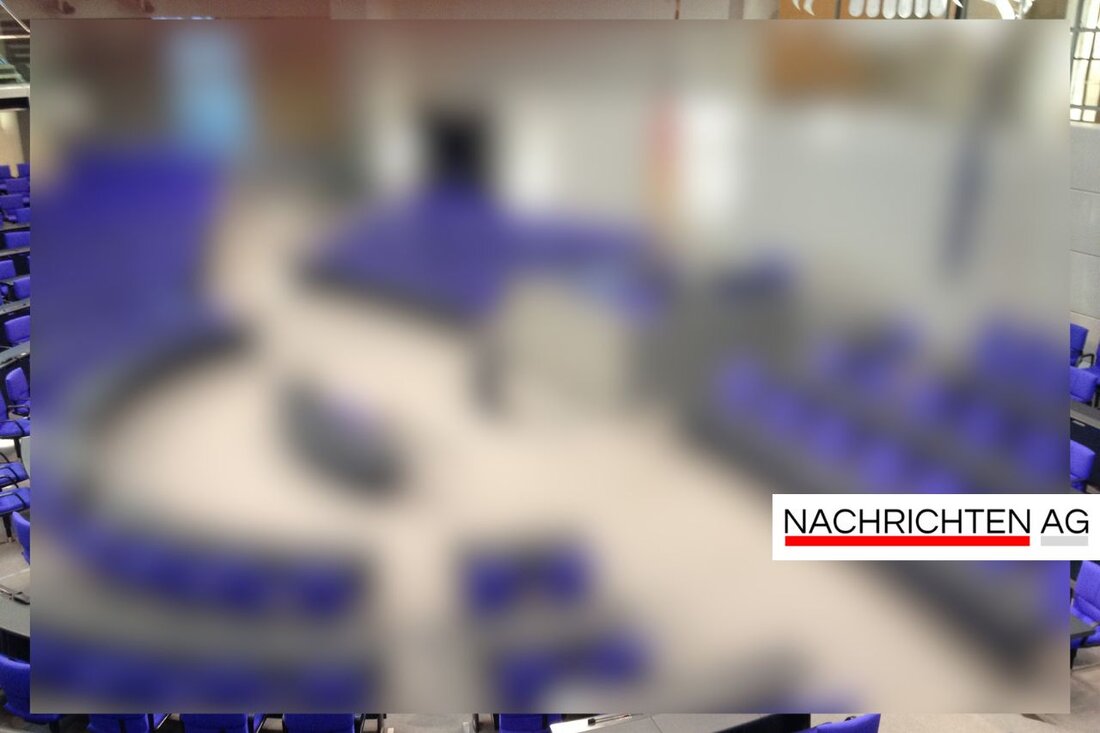Court decision in Brandenburg: Asylum rejections illegal!
Court decision in Brandenburg: Asylum rejections illegal!
A recent judgment of a Brandenburg court has a significant impact on rejection of asylum seekers as part of the Dublin procedure. In three specific cases, the court was rejected as illegal. Interior Minister René Wilke (independent) now calls for a rapid and legally secure solution from the federal government to clarify the legal situation and ensure a smooth process for the planned infrastructure measures. This decision could have far -reaching consequences for the return center planned in Eisenhüttenstadt, the focus of which is already questioned for a possible rejection of asylum seekers. If the rigid decision has existed in the upcoming main proceedings, the center would receive increased importance. The Märkische General reports that the AfD sharply criticizes the judgment. Land chief René Springer suggests that the judiciary be questioned and argues that the security of Germany cannot be restored with the judiciary without political conflicts.
At the same time, the AfD left accuses an "open broken law" and is concerned about the politically motivated controversy around the judgment.
The Dublin Center in Eisenhüttenstadt
In order to do justice to the current situation, a "Dublin Center" is set up in Eisenhüttenstadt on the site of the central immigration authority, which is particularly suitable for asylum seekers. There, various parts of the building should offer accommodations for traveling women and families as well as men traveling alone. The estimated capacity is around 150 people. As part of the Dublin procedure, refugees who arrive in a Dublin agreement to make their asylum application must apply there. However, many asylum seekers have made their applications in Germany in recent years, although this does not correspond to the Dublin Agreement, which applies to all EU countries. Tagesschau explains that expected procedures in the newly built center should not take longer than two weeks.
In 2024, around 75,000 request to re-transfer asylum seekers to Dublin member states were directed by Germany, but only a few over 6,000 returns could actually be implemented. The reasons for this include unreasonable conditions in the countries of arrival, deadlines and the lack of willingness to reconsistence by the affected countries, which leads to a so -called revolving door effect: around 40 % of the output bends quickly returned to Germany.
challenges in the Dublin procedure
The Dublin procedure, which has been in effect since September 1, 1997, regulates the responsibility of the EU countries for the processing of asylum applications. The problems within this system are diverse. In 2023 there were 74,622 transfers requested, of which only 5,053 were actually carried out. Despite the approval of the respective member states, many transfers fail due to delays in the German authorities or legal concerns, in particular with regard to the admission situation in the other countries. Tagesschau emphasizes that the system requires the challenges of the current migration policy.
The situation in the Dublin Center will therefore depend heavily on the participation of all Member States, and Federal Minister Lange has emphasized that no miracles can be expected. The development of the center and the ongoing political debates could therefore be crucial for how Germany deals with asylum seekers in the future.
| Details | |
|---|---|
| Ort | Eisenhüttenstadt, Deutschland |
| Quellen | |


Kommentare (0)